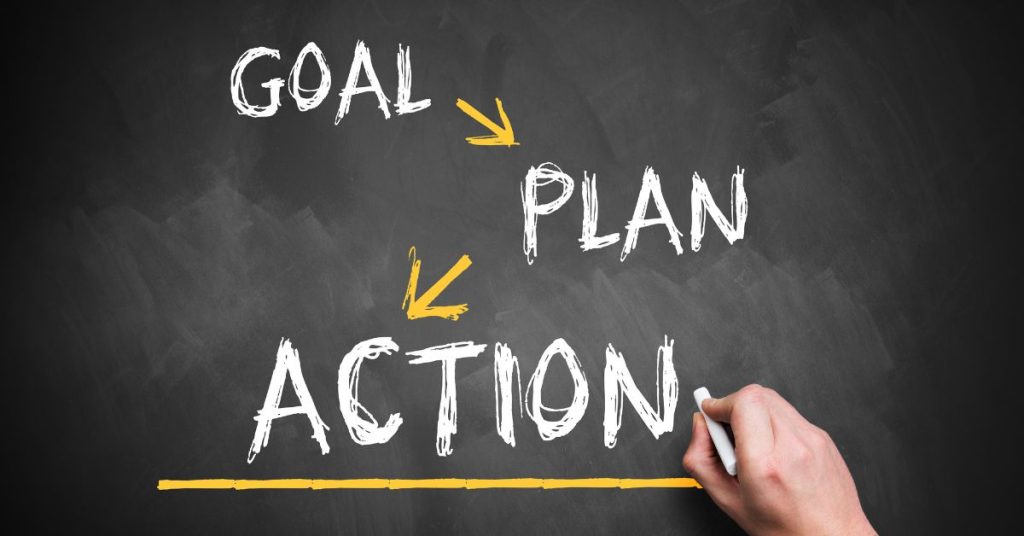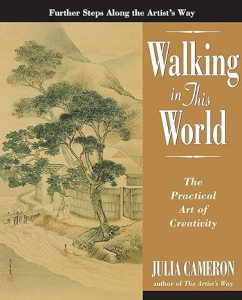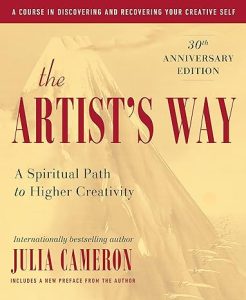Listen to this episode of the Focus with Marlene Podcast:
Get caught up with all episodes in the Developing a New Focus series.
This is part 3 in my series, “Focus on Building Confidence.”
Part 1: Focus on What You Can Do, Instead of What You Can’t
Part 2: Why Your Focus Matters
If you can’t define what you want, you will continue to do whatever is expedient in the moment.
Until you develop a positive and constructive FOCUS for your life, you will keep doing whatever feels good at the time but won’t make you happy over the long term. Instead, you’ll become exhausted and discouraged.
For example, let’s say you want a happy marriage. But all you can think about is what is constantly going wrong, especially everything your spouse is doing wrong.
Or, you might want to succeed at work but focus on everything and everybody that seems to be keeping you from reaching that goal. You are not looking for productive ways to bring about what you want.
To succeed with personal or professional goals, we must first define specifically what we want. Assessing and evaluating takes thoughtful consideration. Clarifying what is important is the first step in preparing to work for it.
Goal-setting exercise
This exercise will help you recognize behaviors and choices that worked and those that didn’t and why they didn’t.
- What has kept you from reaching your goals in the past?
- What did you do differently when you were successful in completing a goal?
- What did you fail to do when you didn’t succeed? Was it time management, identifying obstacles, or how it involved other people in your life?
- What obstacles are you currently facing that are keeping you from reaching a goal? List them – all of them. This might include:
-
- difficulty staying focused on my goal over time
- making alterations when needed
- following a reliable and realistic routine
- not completing the small tasks that eventually lead to bigger problems
Only you can ascertain what you need to do to make your goals succeed. After you have worked through the questions above, make an assessment:
- Were these goals important enough for you to work for them?
- What needs to change?
- Look at each item on your list and see how you might do things differently.
We tend to think of goals as relating to work or a career. But every day when we say we are going to do this or that and spend the time and energy to accomplish it, we are setting a mini goal. We don’t consider it a goal – just a job that needs to be completed.
When we look at goal setting overall, we realize there is a pattern from beginning to completion.
Obstacles that are unique to you require ways to overcome.
Time is involved – deciding when to start, when you hope to finish, and how working towards your goal will impact your lifestyle.
Plan of action

A specific plan of action is required with as many steps as necessary to complete that goal. Write down all the benefits you will get from reaching that goal.
Thoughtful reflection
Before you can get serious about how to improve your life, you need to do some thoughtful reflection.
- What do you really want your life to be like?
- What are your passions, your deep desires, and ambitions?
- What makes you feel content and satisfied? (Include the things you have thought about many times but deep down never believed you could accomplish.)
Review your list again. Then ask yourself once more, “How do I want to live the rest of my life?”
- What is more important than the usual matters of the day?
- Am I happy with my relationships? Why or why not?
- What could I do to improve my relationships?
A common obstacle to achieving goals
We are confronted with obstacles all the time – most of which we don’t really identify as things we can work with to bring about a change or better outcome.
A common one is holding on to resentments.
Decide to let go of that long-held bitterness. It’s not helping you. Hanging onto it is not going to change anything.
Relationship goals
- Do you want to be able to communicate your wants and needs better while respecting those of others?
- This is very important in long-term relationships.
- How can I avoid conflict without giving up my needs?
- Can I set reasonable boundaries and maintain them while respecting others?
Then expand from the personal interactions to other desires you might have had but never believed were possible because of time or money or degree of knowledge.
What would it take to try one wish now and make it happen?
While I’m sure you have done exercises like this before, I encourage you to do it again. Sit down, maybe at the beginning of the day, and let your mind relax. Then take a piece of paper and start writing whatever comes to your mind – don’t plan or correct – just write, free-flowing without purposeful design.
When you have written about three pages you will notice your brain is focusing on things that are important to you in some way.
Free-writing unlocks the brain and allows creativity to flow.
See Walking in This World: The Practical Art of Creativity by Julia Cameron, who also wrote The Artist’s Way.



